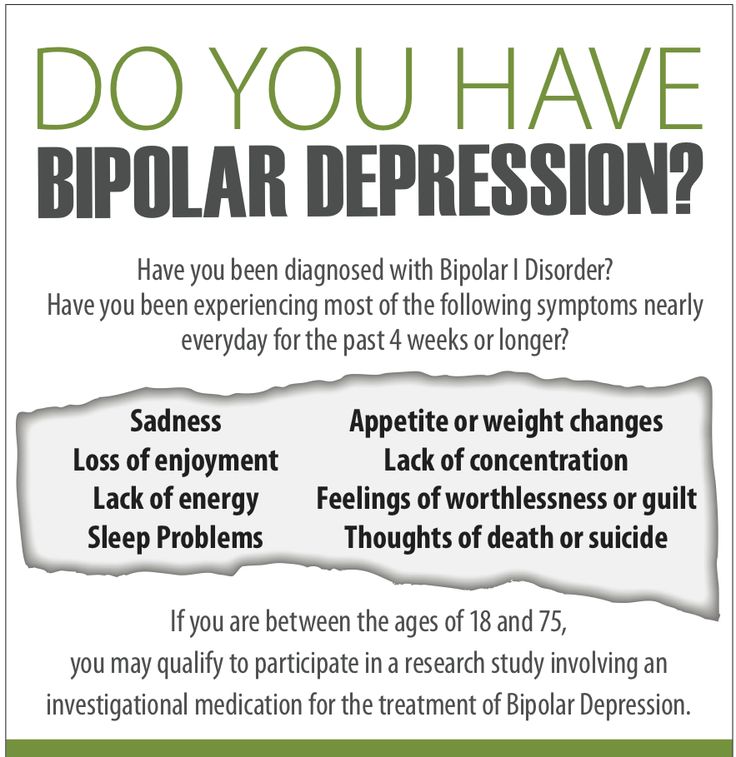Depressive Episodes are categorized into two: Bipolar Depressive Episodes and Unipolar Depressive Episodes. They are almost indistinguishable when it comes to symptoms but they are treated differently. These treatment differences are rather crucial since they will determine the result or outcome of the patient’s improvement or worsening of condition.

Usually, patients who suffer BP are misdiagnosed as a unipolar depression with anxiety disorder. In one particular study, it is stated that approximately 1 per cent of the adult population suffers from this psychological disorder. In most cases, patients need to see 4 psychiatrists before they receive proper diagnosis.
In making proper diagnosis, the doctor must review the following details of the patient showing the symptoms of BP:
- Past History of Mania
This may involve the details whether the patient may have felt a little need to sleep, suffer irritability, having racing thoughts, feeling restless or distracted, speaking quickly in a pressured manner, impulsive behaviors and having unrealistic perception of his (or her) own abilities.
- History of mood Cycles
Highly recurring mood episodes may be a key factor in determining if the patient is suffering BP disorder.
- Family History
A patient with a first-degree relative who suffers or suffered Bipolar disorder should be evaluated carefully in order to know if he or she is suffering the same disorder.
- Anxiety or Agitation
This could involve depressive symptoms like hypersomnolence, melancholic features and psychomotor retardation.
- Patients with History of Hypomania or Mixed Episodes
These patients should be evaluated carefully and properly, most especially if they failed to respond to two anti-depressants already.
Presently, FDA only approved 3 treatment approaches for acute Bipolar Depression: Lurasidon (or Latuda) for monotherapy or adjuctive therapy; quetiapine monotherapy; and combination of Olanzapine and fluoxetine.
